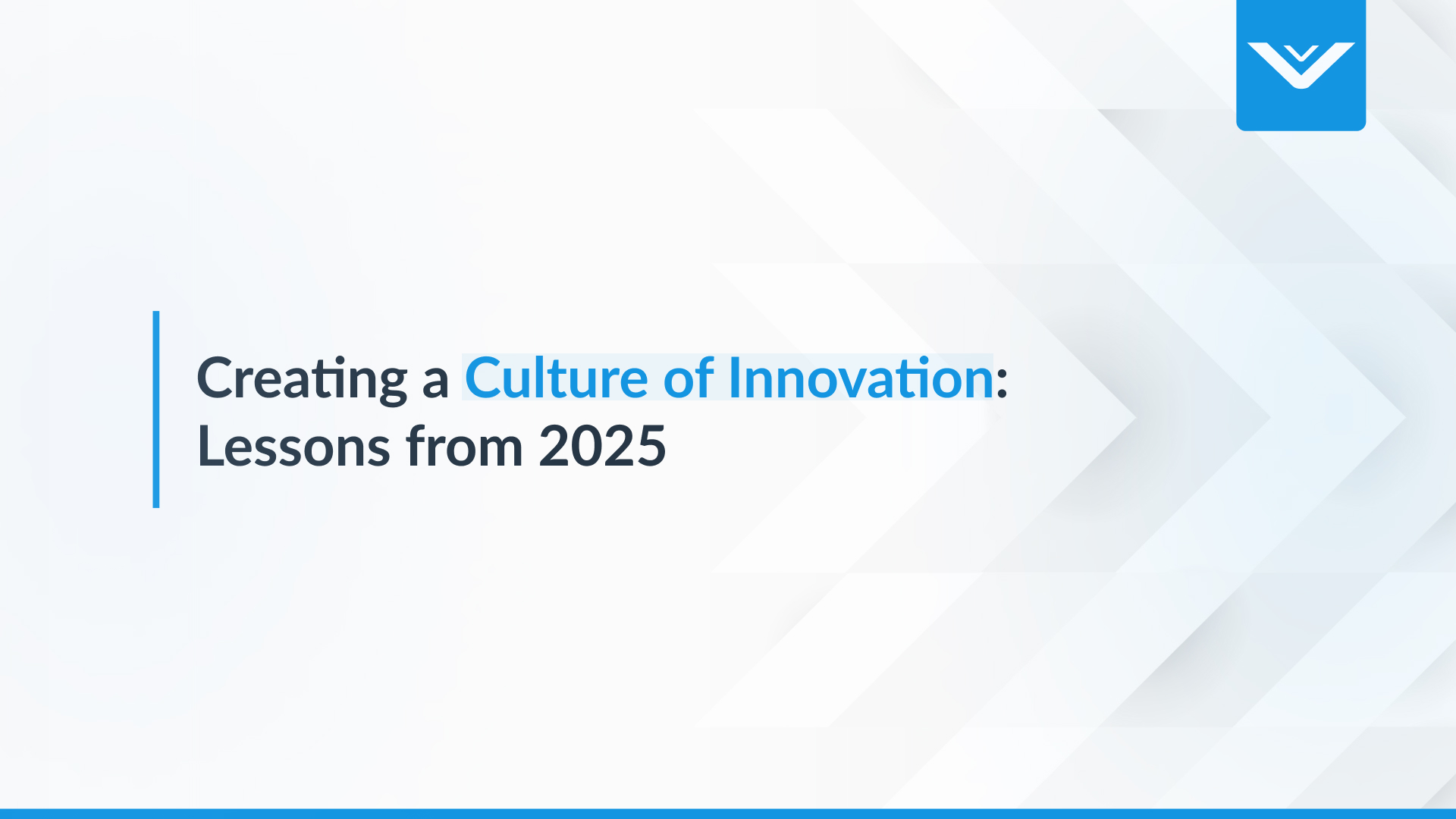

Perhaps it isn’t wise to ask, “What’s new?” What if, instead, one should ask, “What’s innovative?”
What is Innovation?
King Solomon, son of David, one of the wisest and wealthiest Kings in the historical record, once said, “The eye never has enough of seeing, nor the ear its fill of hearing. What has been will be again, what has been done will be done again; there is nothing new under the sun. Is there anything of which one can say, ‘Look! This is something new?’” (Ecclesiastes 1:8-10, NIV).
Modern-day Kings and global leaders are no different in their search for what’s trending and driving change. As a former employee of one of the world’s largest and most profitable companies under the sun, Saudi Aramco, with the privilege of having served in an advisory role and as a gatekeeper to its present and former CEO and Senior Vice Presidents, and more recently as the Head of Strategy and Market Intelligence for its $1 billion venture capital fund, Prosperity7, I’ve seen the desire for transformation first-hand. At present, it comes in the form of digitalization. With concepts such as the fourth industrial revolution (IR 4.0), quantum computing, 5G, the Internet of Things (IoT), blockchain, cybersecurity, and artificially intelligent robotics, one might believe that the world is on the cusp of a momentous breakthrough that will change everything and launch society as we know it into a new realm, metaverse, or form of augmented reality. Some of the technologies and ideas underpinning these trends will undoubtedly come to pass. Others will fail. This is nothing new.
So, what is new? Those who know me personally would tell you this is my favorite question. I often ask it in social situations, and I’m just as often met with the same boring response, “Umm… nothing really.” Yet, I keep asking the question. There is something exciting with what’s new. I eagerly await a response that will breathe new life into the conversation. But what’s new can also be old. What has been done has all been done before, and I’ll say it again. Perhaps it isn’t wise to ask, “What’s new?” What if, instead, one should ask, “What’s innovative?”
What’s the difference? Without getting too philosophical, innovation can be hard to define because, at its heart, there is a paradox. Just as one feels most alive when closest to death, sometimes a truly innovative idea only comes once it’s time for the old to pass or simply be reconsidered. In business terms, it was the integration of cameras and apps in mobile phones that killed Blackberry and Kodak but has now forced reinvention. Personally, for me, the feeling came this week during a motorcycle ride up hairpin turns in 30 mph wind without guard rails 14,000 feet above sea level on Pike’s Peak in Colorado Springs. Like an adrenaline rush, a new innovation can be exciting and invigorating… temporarily. It can breathe life into a dying business or jump-start demotivated employees, but it can also fade quickly without strategies to sustain momentum and avoid burnout.

What if you could ride up Pike’s Peak on a Ducati virtually but feel that it’s real? We’re getting there. Innovation in today’s technology is driving companies to mirror the physical world in the virtual world with digital twins and to create seamless transitions between what can be created virtually and what can be experienced physically. This will disrupt education, workforce development, safety and security, real estate, retail, sports and entertainment, and almost every industry imaginable. I see most early entrants in gaming, but it won’t stop there. One shouldn’t discount a company entering the market in gaming but positioned to pivot elsewhere, especially by updating what was old to make it new again.
For a venture capitalist, innovation must be in the DNA of a deal. For example, innovations in virtual and augmented reality, or metaverse-enabling software and hardware could mean unprecedented returns on investment, potentially… but now, these investments must be made in the face of inflation and stock market death. As more investment funds begin to tighten their purse strings and take highly selective and strategic approaches in funding startup companies in the coming months and year, in comparison to the shotgun approach of what one may call the prior period of lockdown COVID tech investing, start-ups and small-cap companies alike must emphasize resiliency. Resiliency itself also requires innovation.
For a start-up to scale and grow in today’s markets, resiliency must take shape, literally and figuratively, within the organizational design. An organization must be structured to serve its strategy, not the other way around, unless one finds a re-org to be a fun time. I mean, who doesn’t love a good restructuring? They are almost as fun as standing in line for a root canal. I don’t know what’s more painful, the anticipation or the treatment. Alternatively, a truly strategic startup will not only consider designing its structure to serve its strategy, but it will also incorporate employee incentives, processes, and systems that serve the strategy in alignment with one another. The strategy must also incorporate business continuity and crisis/emergency management to anticipate risks to the entire enterprise, from cybersecurity to reputation to economics. Any area of misalignment is a recipe for cash flow disaster, and VC funds despise being treated like a government bailout fund. Rightly so.
One invests to make money. One also hopefully invests to see innovations come to fruition that change the world for the better and create a more prosperous and desirable future for all, but that can’t happen if everyone runs out of cash. So, hire the right people and align rewards with strategy. It all comes down to people in the end. They will either be your greatest source of innovation, or they’ll become your greatest need for innovation. One might say a good dose of the Golden Rule could help, but you’ve heard that before too.
When all is said and done, there may not be anything new under the sun, but if you truly innovate your company and not just your technology, you just might draw the attention of Kings.
For help with innovating your start-up, research, investment portfolio, acquisition strategy, channel development, and/or organization design, contact an expert from Vation Ventures and let us know how we can serve you.
Spread the word.
Thousands of subscribers receive our newsletter every week breaking down what's happening across the technology community.
Join them today.
Keep Reading
.jpg)
Topic-Focused Innovation Advisory Councils: Year-End Insights
We finished up our 2025 Innovation Advisory Council calendar with three insightful, topic-focused sessions that revealed both the urgency and the opportunity ahead as companies seek to modernize responsibly and create lasting value.


Creating a Culture of Innovation: Lessons from 2025
Creating a culture of innovation means staying curious, supporting teams through uncertainty, and continuously raising the bar for what’s possible. The technology will keep changing. The pace will keep accelerating. But organizations that invest in their people and cultivate the right culture will always find their next summit and the energy to climb it.


.jpg)
